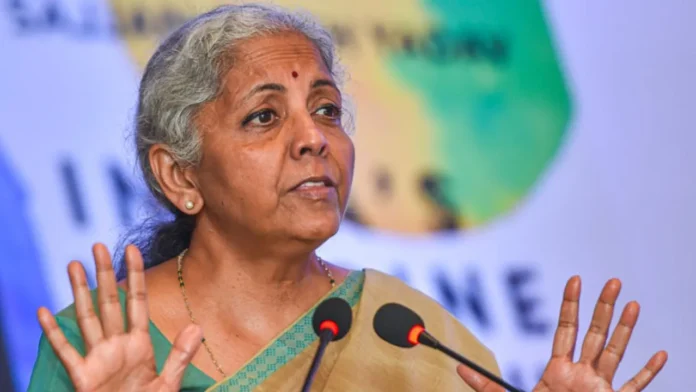The Ministry of Finance in India recently addressed some confusion circulating on social media about the new tax regime set to kick in from April 1, 2024. They wanted to set the record straight on a few important points to help people understand what’s happening. First off, they made it crystal clear that no new changes are coming into play from April 1, 2024.
The new tax rules were introduced in the Finance Act 2023. These rules offer lower tax rates compared to the old ones, but they don’t come with as many tax breaks and deductions, except for some basic ones like standard deductions.
Tax Regime introduced in the Finance Act 2023
It’s important to know that these new rules apply to individuals and families, not companies or firms. They become the default option from the financial year 2023-24 onwards, and the Assessment Year corresponding to this is AY 2024-25.
Under the new rules, you get lower tax rates, but you lose out on some of the tax breaks you used to get. However, you’re not stuck with this new system. you can choose to stick with the old rules if they work better for you. In simple words, you have the option to opt out of this regime and stick with the previous regime to file your taxes. But this option is available only till the filing of the return for the AY 2024-25.
This flexibility means you can pick the system that suits your financial situation best, especially if you don’t have business income.
Advantages of the New Tax System:
Easier Tax Planning
Tracking travel tickets and rent receipts is no longer necessary, making tax planning simpler for everyone.
Higher Exemption Limit
Now, the basic exemption limit is raised from ₹2.5 lakhs to ₹3 lakhs, making the new tax system more attractive.
Lower Surcharge
People earning over ₹5 Crores will see their surcharge rate drop from 37% to 25% in the new tax system.
Bigger Rebate
The rebate limit is increased in the new tax system, offering more benefits. For incomes up to ₹7 lakhs, the rebate limit is now ₹25,000.
No Alterations to Income Tax Brackets
During the presentation of the interim Budget on February 1, 2024, Union Finance Minister Nirmala Sitharaman confirmed that there would be no modifications to taxation. The existing direct and indirect tax rates, including import duties, will remain the same. In the previous year, the average time for refunds was reduced from 93 days to just 10 days. Moreover, she noted a remarkable 50% increase in the average real income of individuals.
The bottom line is, that the Ministry of Finance wants to make sure everyone understands the new tax rules and can make informed decisions about their taxes. They’re urging people to get their info from reliable sources and not fall for misinformation on social media.
Read More: Schemes by Government of India to Help Fund Startups


